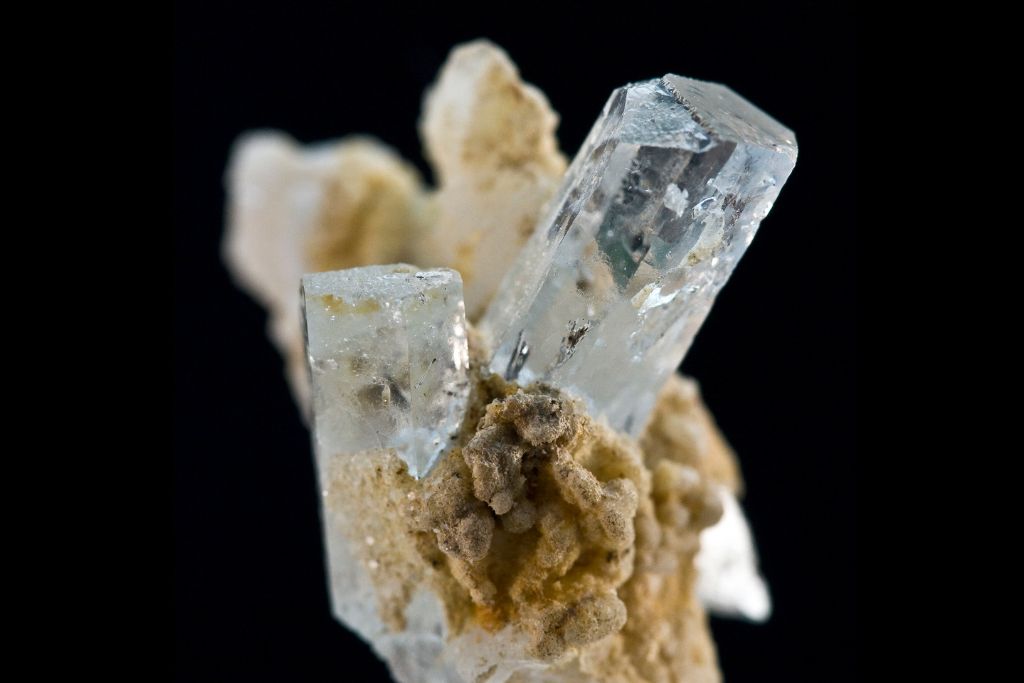Earth Treasures: Goshenite Gem

By Chisom Ibemere
Goshenite is a colourless gem variety of the mineral beryl, which is the same mineral family as the more well-known gemstones emerald and aquamarine.
It is called the mother of all gemstones because it can be transformed into others like emerald, morganite, or bixbite.
Goshenite is also referred to as the purest form of beryl due to the absence of other elements in the stone. The gem is used as an imitation for diamond or emerald by adding coloured foil on it.
The name “goshenite” comes from Goshen, Massachusetts, where the first significant deposits of this colorless beryl variety were discovered in the early 19th century.
It is also known as white beryl or lucid beryl. Colorless beryl has been known since ancient times, with references to “white emerald” found in historical records.
GOSHENITE is most commonly found inside granite and could also be found in metamorphic rocks. It occurs in countries like China, Canada, Brazil, Russia, Mexico, Pakistan, the United States,Madagascar and Nigeria. It is thought that the largest, cleanest and best quality of the material is found in Brazil.
Goshenite is not so popular in the Jewellery world due to its lack of colour but with its colourless transparency, goshenite can serve as a diamond simulant or as a base for creating synthetic gems through irradiation or diffusion treatments. Goshenite is also sometimes used in optical instruments due to its clarity.
It has a Mohs hardness of 7.5-8, making it a relatively durable gemstone. It is known for its vitreous lustre and high degree of transparency, with few visible inclusions. It can be used as a diamond substitute due to its refractive index and dispersion properties that are similar to diamond.
Furthermore, Goshenite is considered a semi-precious gemstone, with its value depending on factors like size, clarity, and cut quality.
High-quality, large, and flawless goshenite specimens can be quite valuable, especially for use in jewellery. It has a lower market value compared to emeralds, aquamarines, and other more sought-after beryls.
